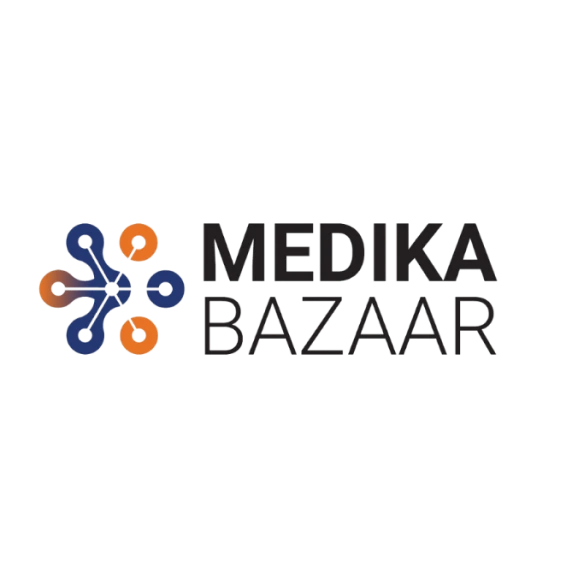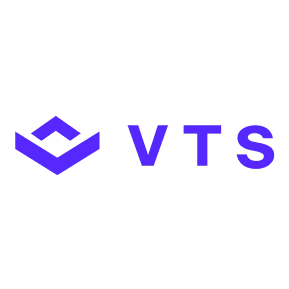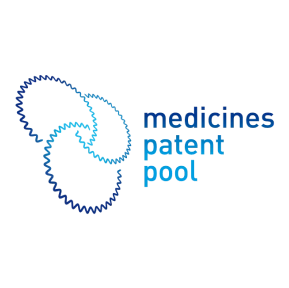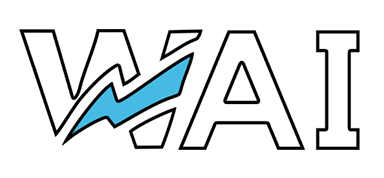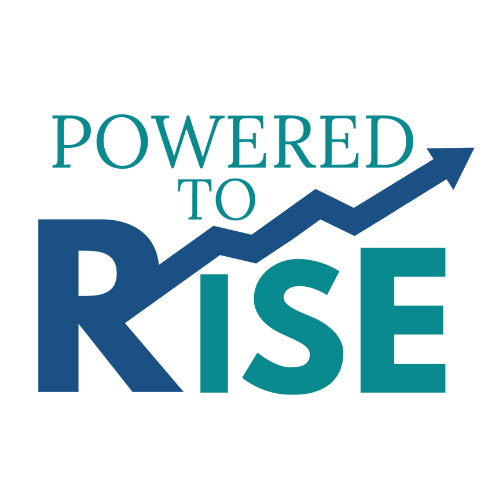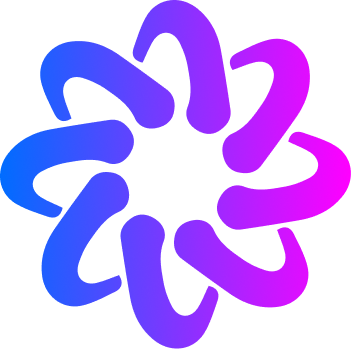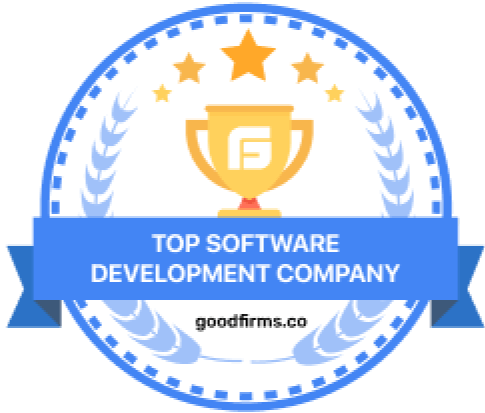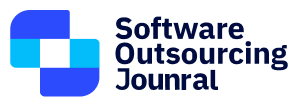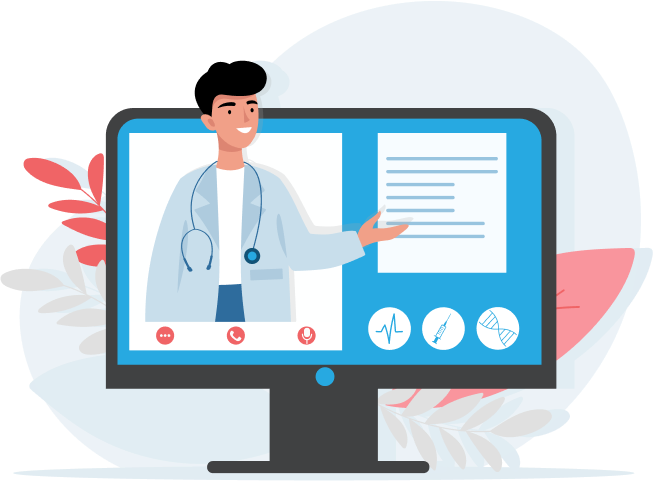
Brands That Love Us

How Can Custom Healthcare Software Help?
Healthcare software solutions play a pivotal role in streamlining medical services, enhancing operational efficiency, and improving patient care. Secure applications and online platforms enable healthcare providers to manage patient records, conduct transactions seamlessly, and access personalized insights. AI-driven healthcare apps, with their real-time patient data analysis, empower healthcare professionals to make informed decisions and effortlessly enhance patient outcomes.
Why Opt For Our Services?
Ajackus stands out for specialized custom health software development. Our commitment is to simplify technology, drive efficiency, and enhance user experience, ultimately elevating the success of your healthcare operations.
- Medication Dispensing Robots
- Teleurology Consultations
- Community Health Worker Mobile Apps
- AI-powered Diabetes Management
- Teledentistry Services
- Automated Appointment Reminders
- Healthcare Mobile App Development
- Medication Therapy Management (MTM) Services
- AI-driven Behavioral Health Interventions
- Remote Medical Second Opinions App
- Telepodiatry Services
- Remote Cardiac Rehabilitation Software
Why Choose Our Custom Healthcare Development Services?
Our software engineers actively pursue strategic system upgrades, optimize user experience, tackle technical debt, and reinforce the competitive stance for healthcare institutions.

Advanced Predictive Maintenance for Healthcare Systems
We implement advanced predictive maintenance for healthcare systems, ensuring the reliability and optimal performance of critical infrastructure.

Inclusive Health Education Initiatives
We drive inclusive health education initiatives, leveraging technology to reach diverse populations and promote health literacy.

E-prescription Systems with Pharmacy Integration
We provide e-prescription systems with pharmacy integration, streamlining the medication fulfillment process for both healthcare providers and pharmacies.

Engaging Wellness Challenges
We organize engaging wellness challenges, using digital platforms to encourage healthy behaviors and foster a positive culture of well-being.
What our Clients are Saying

23 Reviews

FAQs
Health technology, often shortened to health tech, focuses on leveraging technology to improve healthcare delivery and patient outcomes. This contrasts with traditional healthcare, which primarily relies on in-person consultations, manual diagnostics, and paper-based records. Health tech introduces innovation through smart devices, telehealth platforms, AI-powered tools, and digital health records, aiming for greater efficiency, accessibility, and personalization.
Wearable fitness trackers that monitor heart rate and activity levels, apps offering virtual therapy sessions, and AI algorithms analyzing medical images for early disease detection are all examples of health tech in action. Telehealth consultations allow remote patient-doctor interactions, while electronic health records provide secure and easily accessible medical data.
For patients, health tech empowers self-management of health conditions, promotes preventative care, and improves access to specialists. For healthcare providers, it streamlines administrative tasks, enhances diagnosis and treatment planning, and facilitates communication with patients. Overall, health tech can lead to better health outcomes, reduced healthcare costs, and a more efficient system.
Data privacy and security are major concerns, as sensitive medical information needs robust protection. Algorithmic bias and lack of accessibility for certain demographics require careful consideration. Overreliance on technology and potential job displacement in the healthcare sector are also areas of concern.
Transparency about data collection and usage, development of unbiased algorithms, and ensuring equitable access to technology are crucial. Robust regulations, data privacy laws, and ongoing ethical discussions are essential for the responsible implementation of health tech.






